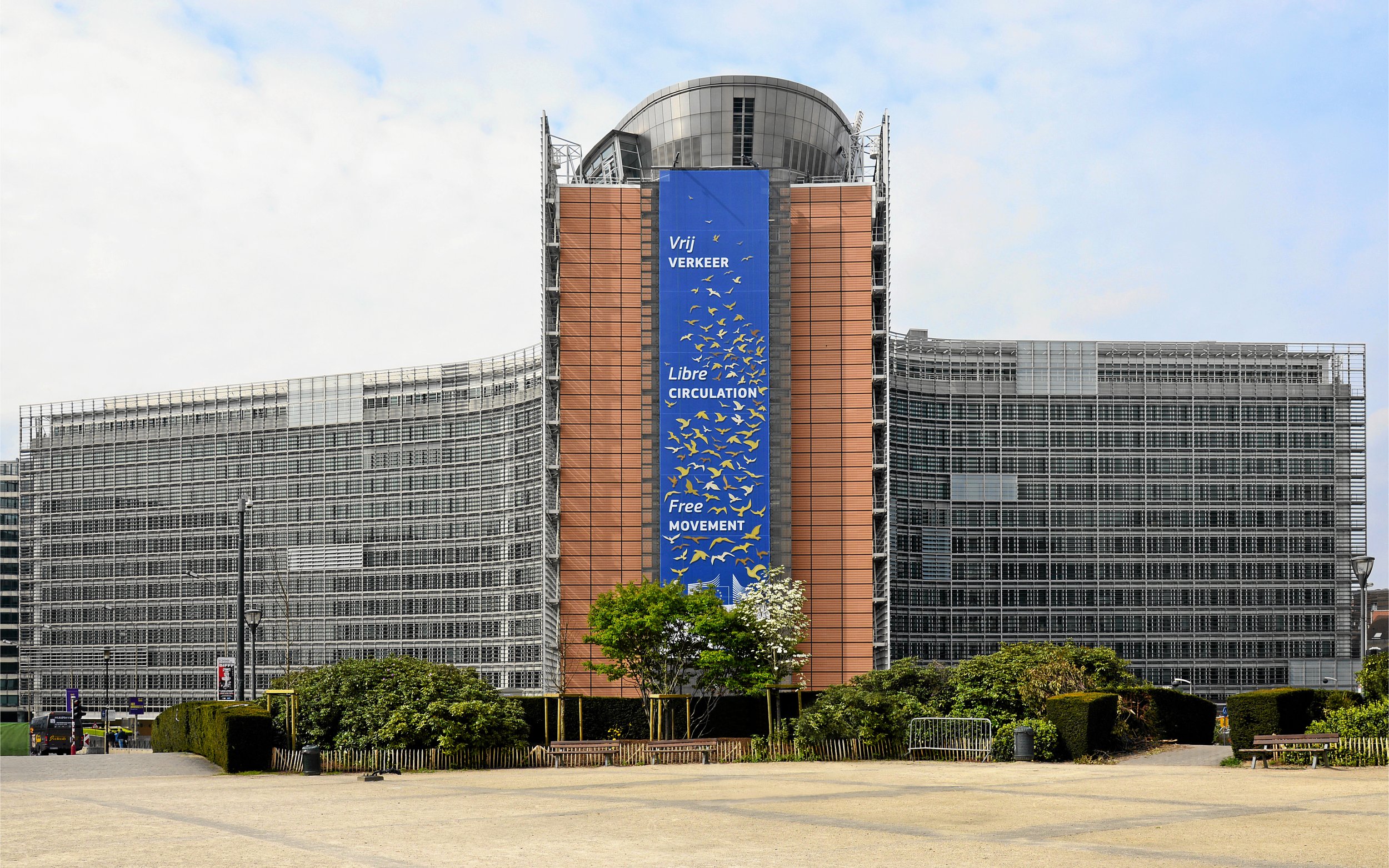The Ghost of Brexit Past: Downing Street’s Hasty Rejection of EU Youth Mobility Deal
The European Commission (licensed via Wikimedia Commons, under Creative Commons Attribution 2.0 Generic licence)
In a move that appears to be offering an olive branch to improve EU-UK relations, the European Commission has recently proposed a youth mobility deal to the European Council that would make it easier for British nationals between 18 and 30 years old to live and work in the EU. Upon the agreement of the European Council, this proposal would initiate discussions with the UK Government on easing mobility for young people in the Continent. However, Downing Street seems to have struck down this deal before it has even had a chance to take flight, stating that ‘free movement within the EU was ended’. While some have speculated that, ahead of an upcoming general election, this deal is tailored for a Labour government, Labour has been just as quick to rule it out, with a spokesperson stating that they have ‘no plans for a Youth Mobility Scheme’. The dreams of a visa-less European work/study abroad experience have been dashed for many. But what exactly is this proposed deal, and why has our government been so hasty to reject it before it has even been offered to us?
In the years following the 2016 Brexit referendum, the United Kingdom decided to opt out of the 26.1-million-euro Erasmus Programme, which facilitated free movement for young people across the European Union. For many of us currently studying on our year abroad, we still cling on to the identity of “Erasmus students” as it is far less arduous than having to explain in every interaction with native students the outcome of a referendum that we never got a say in. As means of replacement, the UK government established the Turing Scheme. While this scheme offers funding to certain study and work placements in Europe and beyond, students benefiting from it are still required to apply and pay for visas. It is also clear that the scheme’s track record is far from smooth. In a report carried out by IFF Research, it was revealed that nearly 80% of UK universities reported difficulties with the Turing application process.
In reference to the proposed deal, President of the European Commission, Ursula von der Leyen, says that ‘The topic of youth mobility is in both our interests, because the more we have youth mobility being on both sides of the Channel, the more we increase the probability we will be on good terms because the next generation know each other very well’. Dubbed the ‘backpackers and baristas’ deal by the Daily Mail this proposal would allow young UK nationals to work or study in the EU for up to four years, and vice-versa. While not official, the proposed deal seems to be a tentative step back into the Erasmus Programme.
However, UK politicians on both sides wasted no time in vetoing the very idea of this proposal. It appears the UK government may have jumped the gun a bit in reaffirming its Eurosceptism. Professor of European Politics and Foreign Affairs at King’s College London, Anand Menon is quoted as saying “I find it utterly depressing that both of the major political parties, one of which will form a government at the next election, do not know the difference between free movement and a limited youth mobility scheme which involves visas”. The UK’s hasty rejection of this deal manifests itself in the scheme’s reciprocal nature. In 2018, the UK was the highest participating country in the programme, welcoming nearly 30,000 students. International students, whether part of a programme or not, are included in immigration net figures. The Conservatives have long been clear on their stance toward immigration, announcing a commitment to ‘the biggest ever cut in net migration’. The government has even been accused of circumventing international refugee law in their attempts to send certain asylum seekers arriving from France to Rwanda. Unfortunately for Sunak, since his election and in spite of the various promises he has made, net migration has nearly tripled, reaching 745,000 in 2022. In a last-ditch effort to retain political support when faced with unsavoury poll predictions, it is not entirely surprising that Government would not jump at this opportunity presented by the European Commission.
Yet again, the Conservative Government is prioritising appealing to an electoral demographic concerned with immigration rather than investing in its country’s youth. It is also disappointing that for the time being Labour is not supporting this deal, but this may well be a tactical move this side of the general election. Either way, the benefits and opportunities offered by study and work abroad placements are limitless, as anyone who has been lucky enough to undertake one of these well knows. Instead of promptly slamming the door on increased prospects for young Britons, it is time that the Government starts investing in them.
